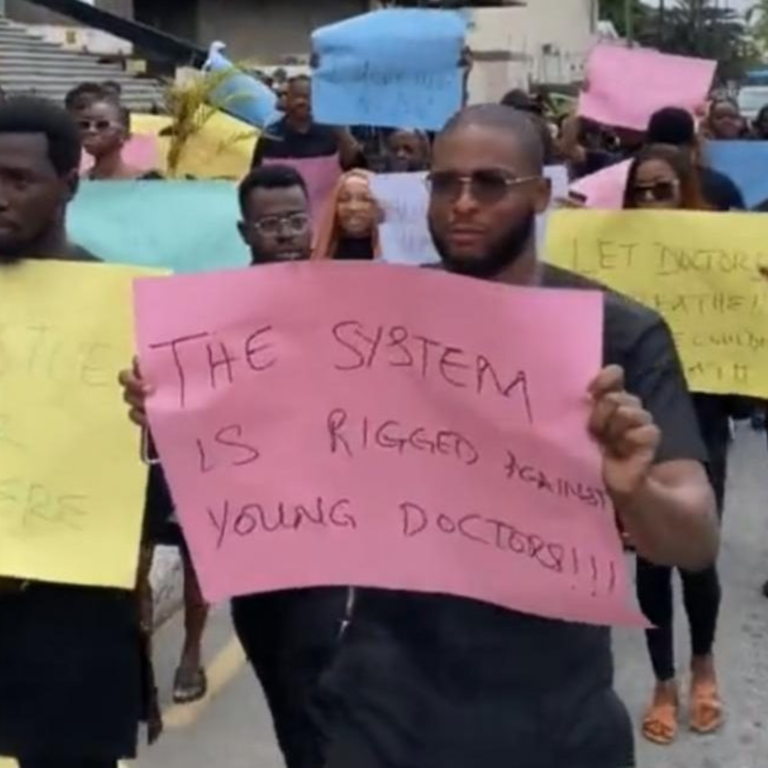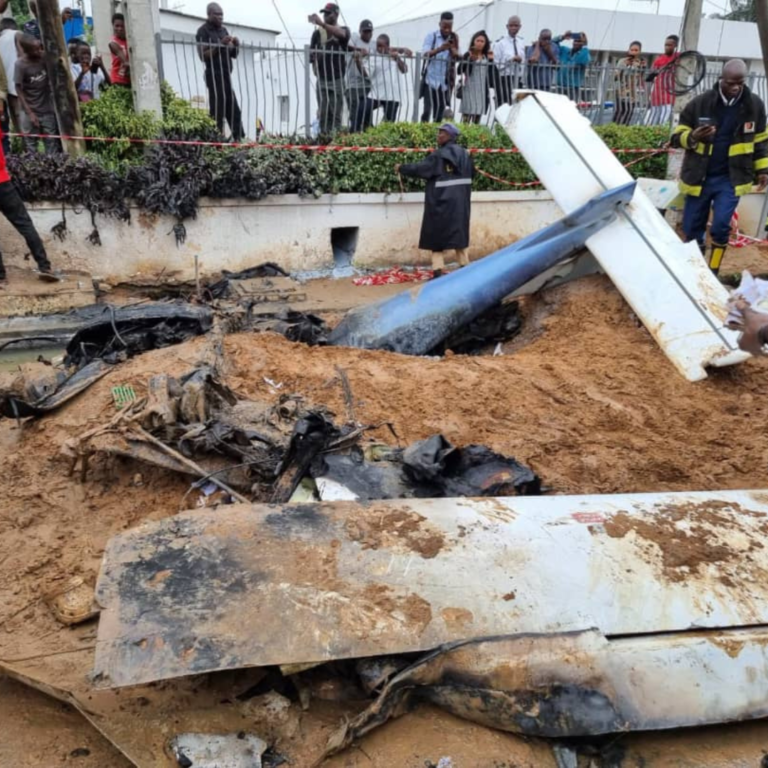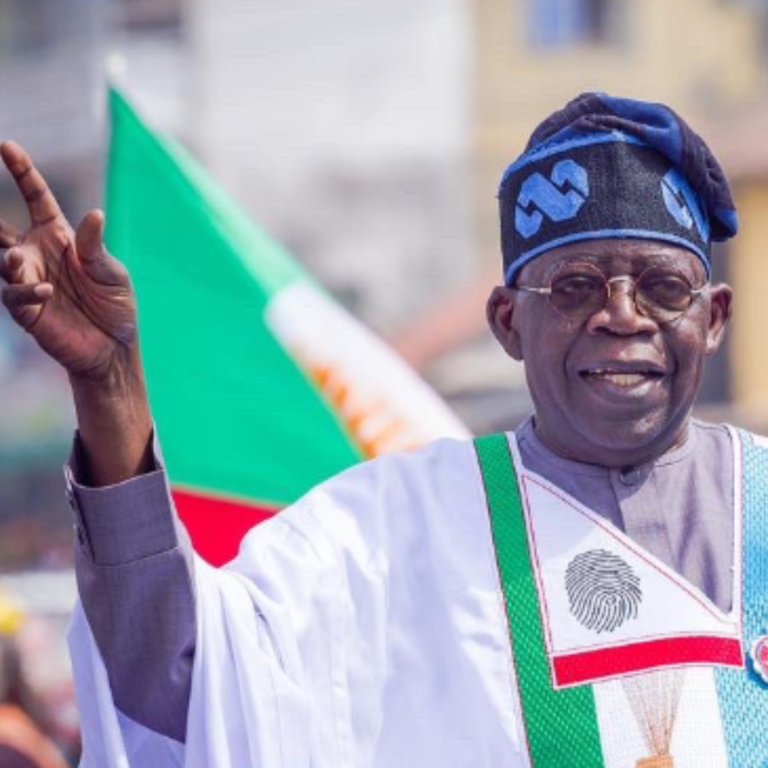Barely three weeks after Nigeria’s president, Bola Tinubu, promised to not tolerate coups in West Africa under his leadership as the Chairman of the Economic Community of West African States (ECOWAS), he’s faced with his first major test.
On July 26, 2023, news of an ongoing military coup in the Niger Republic sent the world into a frenzy, with it being tagged as the “latest coup in Africa”. Soldiers of the presidential guard had detained the president, Mohamed Bazoum, in his palace in Niamey; initially, the coup was met with resistance by other military units until they supported it to “avoid bloodshed”.
In the latest developments about the coup, on Friday, July 28, General Abdourahamane Tchiani, the head of the presidential guard, declared himself the head of the transitional government, which he called “The National Council for the Safeguard of the Homeland”.
How did all this start?
The Niger Republic is no stranger to military takeovers, as this would be the fifth successful coup since its independence from France in 1960. As always, the coup plotters justify their actions with claims of poor governance, insecurity, corruption, and overall incompetence by the democratic government.
So far, the military has announced the closure of all land and air borders, the suspension of all institutions, and a nationwide curfew.
How has ECOWAS reacted?
In a statement on July 30, 2023, ECOWAS issued a seven-day ultimatum to the military group in Niger, demanding the restoration of President Muhammed Bazoum to office. They also threatened to take all necessary measures, including “using force”, to restore Niger’s democratic rule. If implemented, this would be the first time
However, in the meantime, the following sanctions have been put on Niger to pressure the military government:
- Closure of land and air borders between ECOWAS countries and Niger
- Establishment of a no-fly zone on all commercial flights to and from Niger
- Suspension of all commercial and financial transactions between ECOWAS countries and Niger
- Freezing of all assets of Niger in the ECOWAS Central Bank and parastatals in commercial banks
- Suspension of all financial assistance and transactions with all financial institutions within ECOWAS countries
- Travel bans on all military officials and their families involved in the coup attempt, not excluding anyone who accepts a position in the military government.
What Does It Mean for West Africa’s Fight Against Terrorism?
More insecurity
For a long time, Niger has been very instrumental in fighting Islamic insurgents and militants in the West African Sahel region. Western countries have supported and served as critical partners in the fight against Islamic insurgents with their resources. For instance, the United States says it has spent around $500 million to boost the country’s security, and it also has a robust military presence in Niger. And France has also used Niger as its base for counter-insurgency troops for about a decade.
However, the recent coup will likely result in instability worsening the fragile security state, which could worsen and lead to consequences affecting Nigeria.
Regional unrest
Before the recent military takeover, Niger served as an example of relative democratic stability in West Africa’s Sahel region, especially compared to its neighbouring countries, Mali, Chad, and Burkina Faso, which have experienced coups since 2020.
But this troubling new development might indicate the growing political instability and dissatisfaction in the region and give way to even more attempted coups.
Tinubu’s response to addressing this issue matters as it can garner favour with international bodies amidst lingering concerns about his presidential legitimacy. And so far, his swift intervention has been met with interesting responses, as former President Muhammadu Buhari recently commended him for his decisive action.




